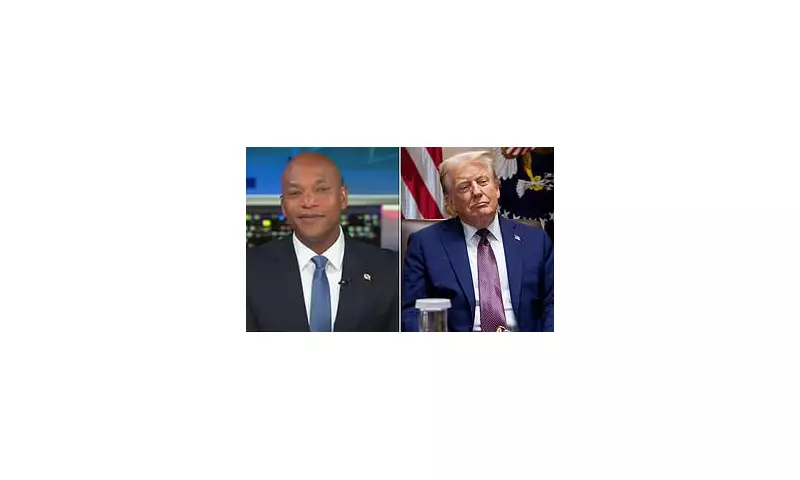
Maryland Governor Wes Moore found himself in a fiery exchange with Fox News host Martha MacCallum during a recent television appearance, delivering a blistering rebuttal to questions about his military service that has since captivated viewers on both sides of the Atlantic.
The confrontation unfolded on MacCallum's show "The Story," where the discussion quickly veered from policy to personal service. MacCallum pointedly questioned the Democratic governor about the specifics of his military decorations, suggesting a potential discrepancy in how they were described.
Governor Moore, a former Army captain and paratrooper who served in Afghanistan, responded with measured intensity that resonated with military veterans and observers alike.
A Firm Rebuttal
"I would ask that you not try to play with my military service," Moore stated firmly, his tone conveying both dignity and defiance. The governor directly addressed what he perceived as an implication that he had misrepresented his record.
Moore meticulously detailed his military background, emphasizing his combat experience in Afghanistan and his role as a paratrooper with the 82nd Airborne Division. His response highlighted the gravity with which military veterans regard questions about their service and decorations.
The Heart of the Controversy
The tension arose from MacCallum's questioning about whether Moore had received the "Combat Infantry Badge" or the "Expert Infantry Badge"—two distinct military awards with different criteria for issuance.
Moore clarified that he was awarded the Combat Infantryman Badge, a decoration specifically awarded to infantrymen and Special Forces soldiers who have engaged in active ground combat. His explanation served as both a correction and an education on military distinctions often unfamiliar to civilian audiences.
Broader Implications
This televised confrontation transcends mere political sparring, touching on deeper issues of how military service is discussed and scrutinized in the public arena. Moore's response highlighted the sensitivity surrounding questions about military credentials, particularly for public figures who have served in combat zones.
The exchange has sparked considerable discussion about media responsibility when interviewing veterans and the appropriate manner to address military service in political discourse.
As the clip continues to circulate across social media platforms and news outlets, it serves as a potent reminder of the complex intersection between military service, media scrutiny, and political communication in contemporary public life.





